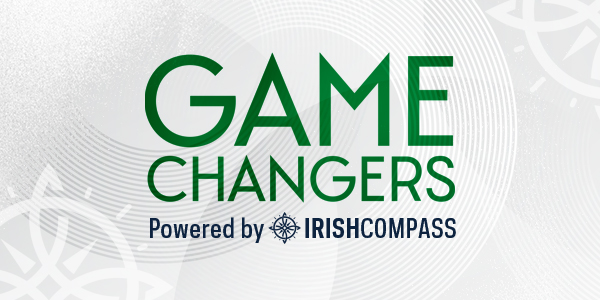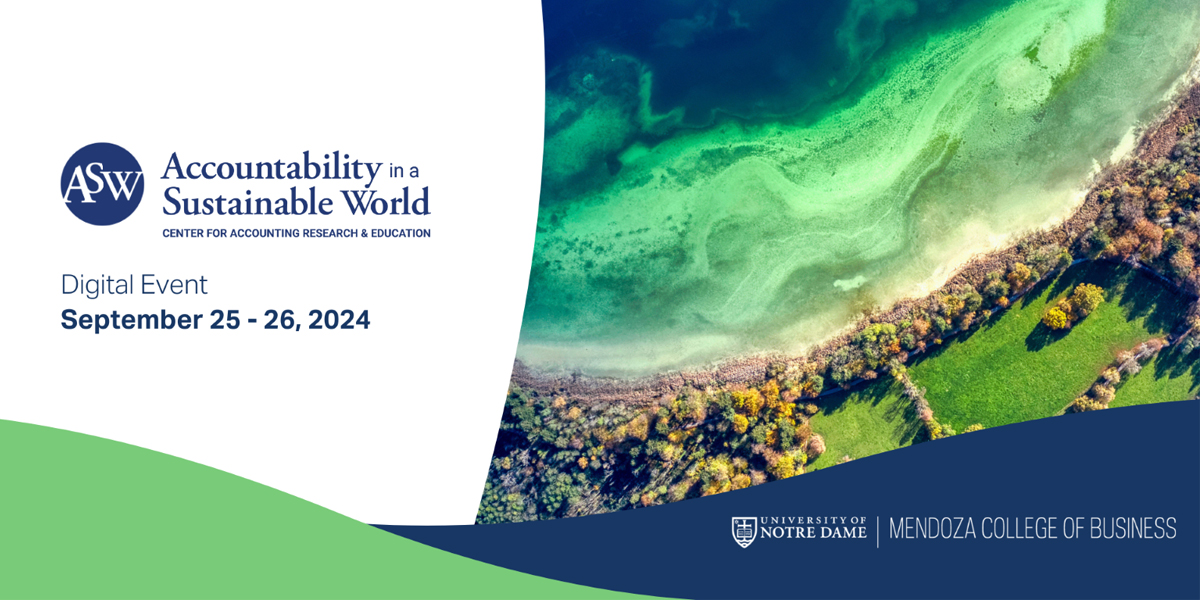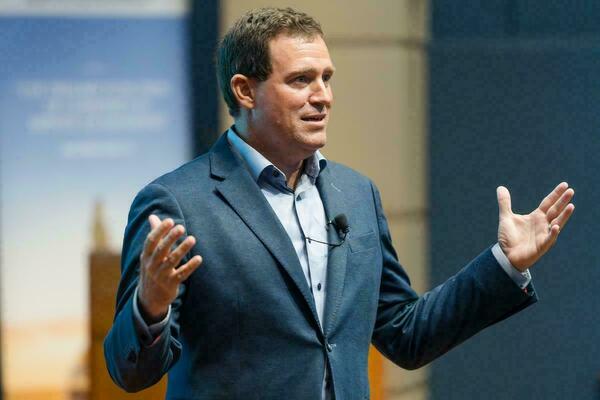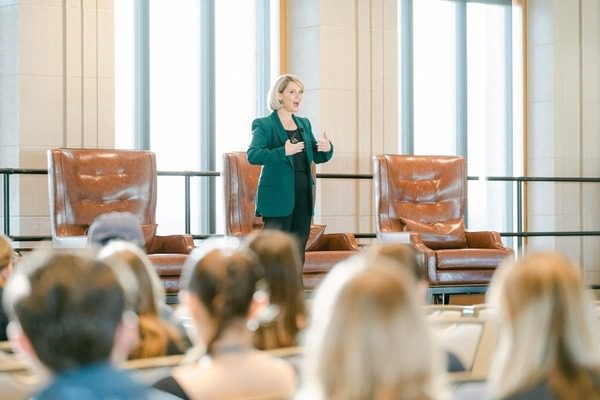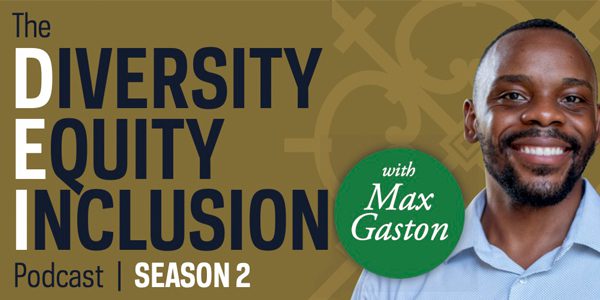The fourth event in the 2023 Ten Years Hence lecture series Is Globalism Dead on ThinkND featured David Cortright, Professor Emeritus and Former Director, Peace Accords Matrix, Kroc Institute for International Peace Studies, Keough School of Global Affairs, University of Notre Dame. In this talk, Cortright discussed what global governance means for international peace and security, particularly regarding its relevance to the Russia-Ukraine war.
Cortright began by recounting his own experience in the military during the Vietnam War. Similarly to many young people at the time, Cortright opposed the war in Vietnam but was forced to participate in it after being drafted. Following his time in service and dismissal from his duty, Cortright studied and researched global governance and possible peaceful alternatives. While not a “pure pacifist,” Cortright finds understanding alternatives to war, and its negative consequences crucial in managing international affairs. He believes that deliberation between peaceful and aggressive strategies in global affairs is one of the most patriotic acts an American can carry out, considering the value of American resources and the value of human life. Cortright also referenced the Catholic Church’s stance on war, and when “just war” requirements might be met to make war acceptable. Pope Francis has been passionate about seeking out nonviolent approaches to solve global problems, but certain situations warrant a need to respond with force.
To maintain positive economic development and a peaceful environment, countries must prioritize equity, inclusion and accountability. Referencing Kant, Cortright explained how a system of free and democratic states, engaged in open trade and hospitality, can help preserve peace internationally. Intergovernmental organizations help countries interact peacefully and create change that can be felt across nations, social classes and industries. Civil and private organizations must play a role in advocacy as part of the larger goal of creating a multilateral world. Working intergovernmentally will help changemakers tackle global problems like migration, climate change, nuclear proliferation and trade.
Cortright also considered our duty as Christians to work for peace and strategize the termination of war. In terms of the Russia-Ukraine War, Cortright asks if military victory of either country is the only way to end the conflict, or if there are realistic, peaceful means to stop the fighting. Some possibilities for minimizing the longevity of the violent war are the imposition of sanctions, financial barriers and limited resource access. These sanctions will not put a stop to the war, but they do make the war more costly and will hopefully lead leaders to question the necessity of the war. Cortright has also found in his research that third-party dispute resolution mechanisms have a higher chance of success compared to cease-fires and resolutions concerning just the nations involved. The UN Peacekeepers and EU Security Police Force have been able to carve paths for negotiations.
The power of cooperation and partnership between countries during peacetime is also essential in maintaining peace and preventing global violence in the future. Cortright discussed the importance of a strong relationship between the United States and China economically as a foundation for a potential alliance should Russia ever use force against another world power. Cortright responded to a question concerning the balance of cooperation and criticism when working with countries with human rights abuses and policies that the United States does not agree with, clarifying that these are issues the United States needs to grapple with but, finding a balance of leading by example while also maintaining certain standards. To conclude, Cortright continued to answer questions from the audience about other countries’ roles in the Russia-Ukraine War, the empirical evidence supporting sanctions as a peacemaking strategy, China’s power in a variety of intergovernmental issues and anti-war sentiment in the United States.
Visit the event page for more.


